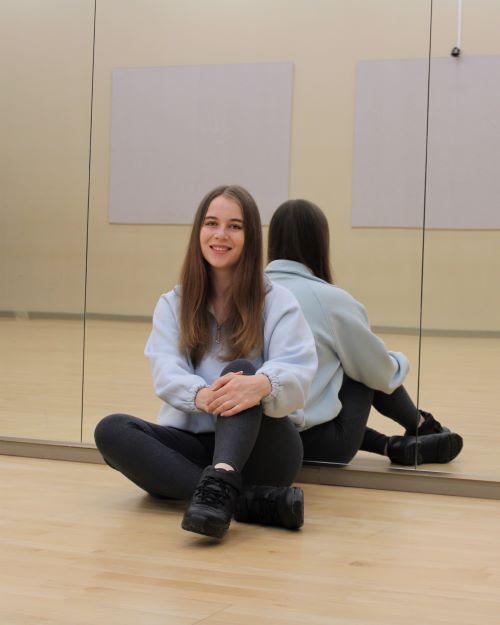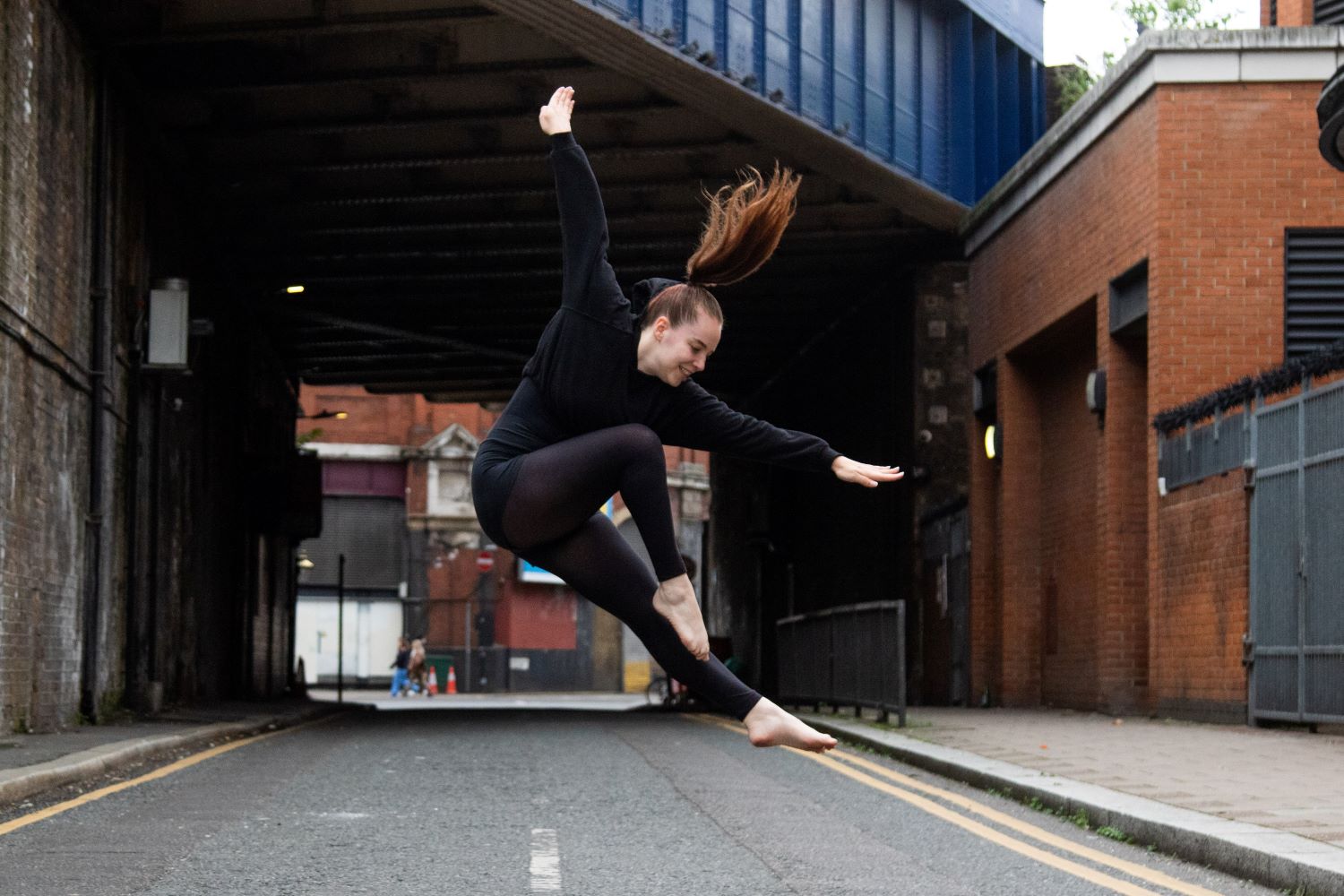Dr Alan Kennedy speaks to Alissa Nehrlich about her career providing sports nutrition consultancy to professional dancers.
Members of the BDA Sport and Exercise Nutrition Register (SENR) practise within an incredibly diverse range of settings. While the applied practice of many members is within mainstream sports such as football, rugby, track and field athletics, or popular endurance sports such as marathon running, triathlon and road cycling, some members support athletes in more niche disciplines where, perhaps, the influence of accredited practitioners has been lacking to date.

One such SENR member is Alissa Nehrlich. Alissa, a SENR Graduate Registrant, based in Preston, Lancashire, works in the area of performance dance, providing nutritional support to professional dancers as a freelance practitioner. Intrigued by her progression from formal dance training in her native Germany to higher education and sports nutrition practice in the UK, we spoke to Alissa to learn more about her journey and passion for her work.
Alan Kennedy (AK): Alissa, can you please tell us a little about your childhood/upbringing and the reasons why you may have been drawn towards a career in the health sciences in general, or nutrition and sports nutrition specifically?
Alissa Nehrlich (AN): I am originally from Germany, where I participated in competitive swimming from a young age. At 9 years old I started my dance training at a pre-professional dance academy in Cologne. At 14, I went to Cape Town, South Africa, originally for a year-long high school exchange year, but ended up staying a bit longer to finish my Matric (equivalent to A-levels) there.
In South Africa, my dance training was very different compared with what it was like in Germany, as it included more of the health side such as anatomy and injury prevention. Over the years of dance training, however, I received very little health science education, and especially nutrition input.

Recognising this gap in dance education, I was drawn to work in this area later on.
AK: What were the key experiences that guided your journey towards your current role as a sports nutritionist?
AN: During my own pre-professional dance training, I was immersed in a mainly diet culture-driven environment with no nutrition input available. After graduating from my undergraduate degree in dance at the University of Central Lancashire [a BA (Hons) in Dance Performance and Teaching], I entered the dance industry and quickly realised that I knew how to dance and teach, but I didn’t know how to take care of my body and improve my training. From other dancers around me, I saw the more detrimental effects of the lack of nutritional input during dance training in the form of disordered eating and a general lack of knowledge about food, proper fuelling and its benefits for training and performance. This led me to pursue an MSc in Nutrition and Exercise Sciences - an SENR-accredited postgraduate course - and a career in sports nutrition with a specific focus on dancers.
AK: Tell us about your current professional role(s), describing the work that you do, the clients/athletes that you support, and your approach to applied sports nutrition practice?
AN: I currently work with clients on a freelance basis, focusing on professional dancers. I approach applied sports nutrition practice through education. I believe that we need to give dancers, and athletes in general, the knowledge and skills to fuel themselves appropriately. Due to the historic and structural issues in the dance industry, my practice also includes a lot of advocacy work to create an environment within schools, companies and the dance industry as a whole that permits and supports dancers to fuel themselves properly.
AK: What has been your career highlight to date?
AN: As I am still at the start of my career, I believe there are still many career highlights to come. For the moment, the connections I’ve made within the dance nutrition industry have been my highlight. It is great to see that while it is a small industry, compared with other sports, we are all working towards the same goal to change the dance industry for the better.
AK: What ambitions for the future of your professional practice/working life do you have?
AN: I am working towards starting a PhD in the area of nutritional education and RED-S among dancers. Concurrently, I hope to continue my work with dancers within their formal training and work settings. Ultimately, working with dancers in this context on a continuous basis would be the dream, embedding nutritional science into their training and performances to hopefully produce longer and healthier careers.

AK: Finally, what value does BDA membership and registration with the SENR have for your professional practice?
AN: The BDA, and specifically SENR membership, is very valuable for my practice as it gives me a network of professionals and access to useful resources and CPD. It also allows me to work as a credible sports nutritionist as it puts in place a level of quality assurance, a code of conduct, and insurance cover that is beneficial to both myself and my clients.
Learn more about the SENR here.

